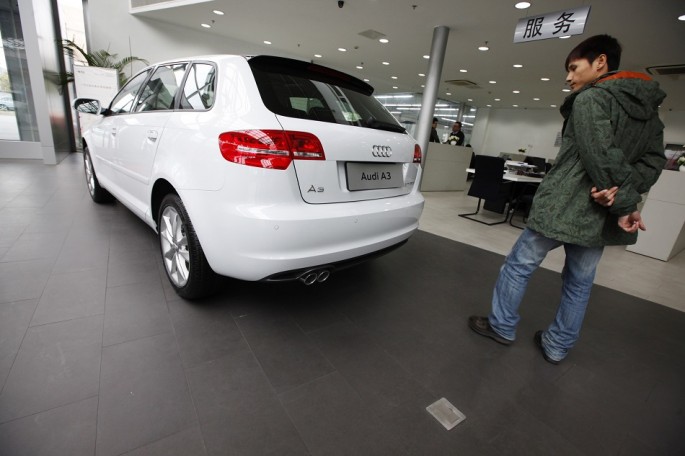Global automakers are continuously pursuing the Chinese market and are determined to deal with China's protectionist and factional schemes.
General Motors, Volkswagen and Toyota announced programs to further expand in China, although these companies can hardly afford to protest when China's central government uses World Consumer Rights Day into lambasting them.
In this year's crackdown, China Central Television accused Jaguar Land Rover, Daimler AG, Volkswagen AG and Nissan Motor Corp. of selling defective vehicles and overcharging consumers.
Chinese carmakers were spared by CCTV, reinforcing the perception that the Consumer Rights program held on March 15 for 25 years now was meant to denigrate foreign brands to give local brands some advantage.
The broadcast is feared by foreign companies who feel they will be punished for their success in the local market at the expense of domestic rivals.
The foreign carmakers played along and "apologized" for their "shortcomings," with some promising to conduct their own "investigations."
China has been known to use its potential to extract concessions from foreign automakers. Its initial strategy was to force them to share technology with their Chinese partners so that domestic automakers could compete.
With Chinese automakers not becoming globally competitive and losing local market share to their foreign rivals, the government focused its emphasis on using consumer protections for pursuing an agenda for the auto industry.
However, while there are a lot of risks in selling cars in China, the market's high-single-digit growth rate and relatively low penetration make it the most promising playing field for global automakers.



























